Exploring how to get people to choose Weetabix in the morning
The Challenge
Data revealed that while Weetabix is one of those brands likely to be found in people’s cupboards, it is one of the cereals least likely to be removed from the cupboard and eaten on any given morning.
Our challenge was to understand what is causing this and identify any ‘nudges’ that could increase Weetabix’s chances of being picked.
Our Approach
We adopted a two-stage approach:
- Self-ethnography to get a good understanding of the breakfast occasion in-the-moment
- Quantitative behavioural study where we picked up in-the-moment usage
Key Findings
- Brand Feelings are Strong
Brand familiarity, beliefs and feelings all work strongly to get Weetabix off the supermarket shelf but we found many barriers to it being eaten in the home.
- The pack becomes invisible
The pack conveys great brand cues in store but once home people often take it out of its bright yellow box when there are only a few left. This leaves it in white plastic, so becomes easily overlooked and even when seen evokes staleness. Making the inner pack work harder could be important.
- Subconscious memories
Subconscious memories do not trigger 'easy' so crucial at breakfast time. Crumbs spraying over the kitchen top, Weetabix set hard onto dirty bowls and the need to add 'nice' things to make it interesting, all lead to other cereals being chosen in the moment. Triggering feelings of ease would help it get chosen.
- Not contagious
Breakfast is a very contagious mealtime - a whopping 57% eat the same as another adult. Unfortunately not true for Weetabix, where only 37% eat it if someone else is. Increasing the influence of others could reap benefits.
- Social norms
Weetabix conforms well to the social norms (it conveys 'healthy' in spades). But many people justify breaking that norm. Crunchy Nut Cornflakes was much more likely to be chosen in the moment with the justification of the 'health giving' properties of the nuts and honey. Overtly tackling this 'inaccurate' justification may help to stop the behaviour.



















